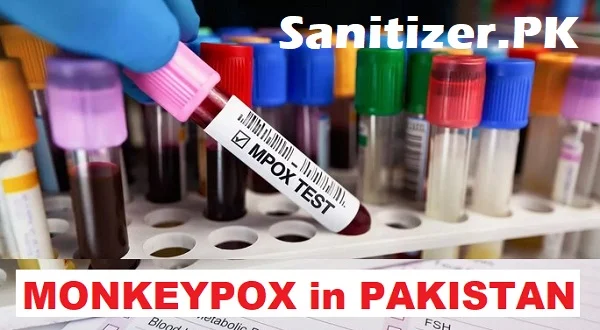Preventing monkeypox involves vaccination, avoiding contact with infected animals or humans, and practicing good hygiene. Public health measures, such as isolating infected individuals and using protective equipment in healthcare settings, are essential. Education on symptoms, transmission, and prevention is key to controlling outbreaks and protecting communities.
Monkeypox, a viral disease similar to smallpox, has garnered attention in recent years due to outbreaks in various regions. While it’s not as deadly as smallpox, monkeypox can still cause significant illness and has raised concerns worldwide. Understanding how to prevent monkeypox is crucial in managing its spread and protecting public health.
Monkeypox is caused by the monkeypox virus, a member of the Orthopoxvirus genus. It was first discovered in 1958 when outbreaks occurred in monkeys kept for research. The first human case was recorded in 1970 in the Democratic Republic of Congo. Since then, it has become endemic in parts of Central and West Africa, with occasional outbreaks in other regions.
The virus spreads to humans through contact with infected animals, such as rodents or primates, or through contact with contaminated materials. Human-to-human transmission occurs through respiratory droplets, bodily fluids, and skin lesions.
Preventing monkeypox involves a combination of public health measures, personal hygiene, and vaccination strategies.
One of the most effective ways to prevent monkeypox is through vaccination. The smallpox vaccine, which has been shown to be about 85% effective against monkeypox, is currently the best available option. While routine smallpox vaccination was discontinued after the disease was eradicated, it is still available for people at high risk of monkeypox infection, such as healthcare workers and those in affected areas.
In the event of an outbreak, vaccination can be used to control the spread of the virus. This strategy, known as ring vaccination, involves vaccinating close contacts of confirmed cases to create a buffer of immune individuals, thereby preventing further transmission.
Since monkeypox is often transmitted from animals to humans, avoiding contact with animals that could carry the virus is critical. This includes avoiding close contact with wild animals, particularly in areas where monkeypox is endemic. Handling or consuming bushmeat should be avoided, as it may be contaminated with the virus.
For individuals in regions with ongoing outbreaks, it’s essential to avoid contact with infected people or their personal belongings. Isolation of infected individuals is crucial in preventing the spread of the virus to others.
Maintaining good hygiene practices is another important preventive measure. Regular hand washing with soap and water, or using hand sanitizers with at least 60% alcohol, can help reduce the risk of contracting the virus. It’s also essential to avoid touching the face, especially the eyes, nose, and mouth, as these are common entry points for the virus.
In healthcare settings, using personal protective equipment (PPE) such as gloves, masks, and gowns when caring for infected patients is vital to prevent transmission.
Public education plays a crucial role in preventing monkeypox. Communities, especially in areas where monkeypox is endemic, should be informed about the risks and preventive measures. This includes understanding how the virus spreads, recognizing the symptoms, and knowing when to seek medical attention.
Governments and health organizations should also work together to monitor and respond to outbreaks quickly. Surveillance systems need to be in place to detect and manage cases effectively, preventing large-scale outbreaks.
While monkeypox is a serious disease, it can be prevented through a combination of vaccination, avoiding contact with potential carriers, practicing good hygiene, and increasing public awareness. By taking these precautions, individuals and communities can reduce the risk of infection and help control the spread of monkeypox. Public health efforts remain crucial in managing this disease and protecting global health.

